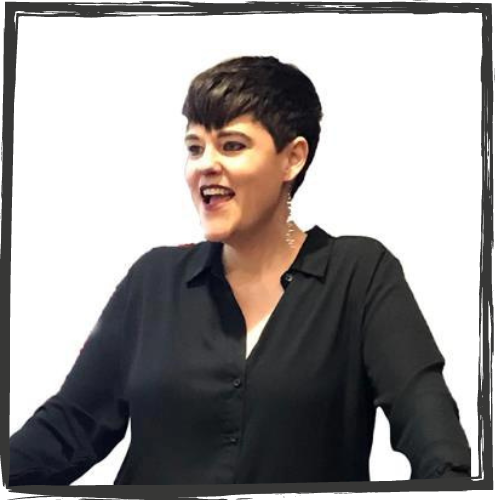By Suzanne Pearlman, Mental Health First Aid
This mental health instructor strives to practice her teachings of self-care
As a Mental Health First Aid (MHFA) trainer who is on the road and in virtual training spaces regularly, I talk about the importance of centering wellbeing and self-care often. Work and the stresses of life often disrupt my ability to be consistent. Truthfully, I don’t want to feel like a fraud in my classrooms, telling people to practice self-care without “practicing what I preach.” So, I’d like to share a few tips that help me stay on track and live into my values.
Every day, micropractices
This is all about finding at least five ways to practice self-care in small ways throughout each day. These take no longer than 5-15 minutes each. By striving for five you can incorporate a variety of kinds of self-care — emotional, environmental, physical, spiritual, financial, communal, occupational or intellectual. I find that if I don’t plan for micropractices, I’ll end up working during breaks or scrolling on social media.
Some of my favorite micropractices occur in between meetings and trainings, making time to stretch and move my body. During my lunch break, I often take my dog, Mookie, for a quick walk around the neighborhood. In the evening, I put on some music and dance. There is science behind intentional self-care and stress relief. Small acts, when done consistently, can have big impacts.
Every week, self-love
This means every week choosing a few days to take longer amounts of time for self-love or self-care. For these bigger chunks of time, I love hiking with my dog in the mountains, practicing mindfulness meditation and making a commitment to my intellectual self-care by reading. If you’re looking for a good book recommendation, I’m currently reading Braiding Sweetgrass by Robin Wall Kimmerer.
Every month, connection and disconnection
This is all about being intentional with deeper connections and setting boundaries. For me, this means focusing on balance in my personal and professional life. This includes intentionally making time for deeper connections with people in my life. It also means saying no to things, including work, which can be hard.
Dominant culture tells us that there is scarcity in work, that we must say yes “just in case,” that our value is driven by what we have to offer and prove. I’m working on quieting that voice and listening more deeply.
As a dear colleague once said about instructing Mental Health First Aid, “This work gives me breath and takes my breath away.” I sure hope to be doing this work and living these values for a long time to come.
Suzanne Pearlman is a nationally recognized curriculum development specialist and subject matter expert in cultural adaptations of standardized curricula. She is a national trainer of Mental Health First Aid for adults, youth, teens and corporate clients.
Article republished with permission. Read the original article here.


